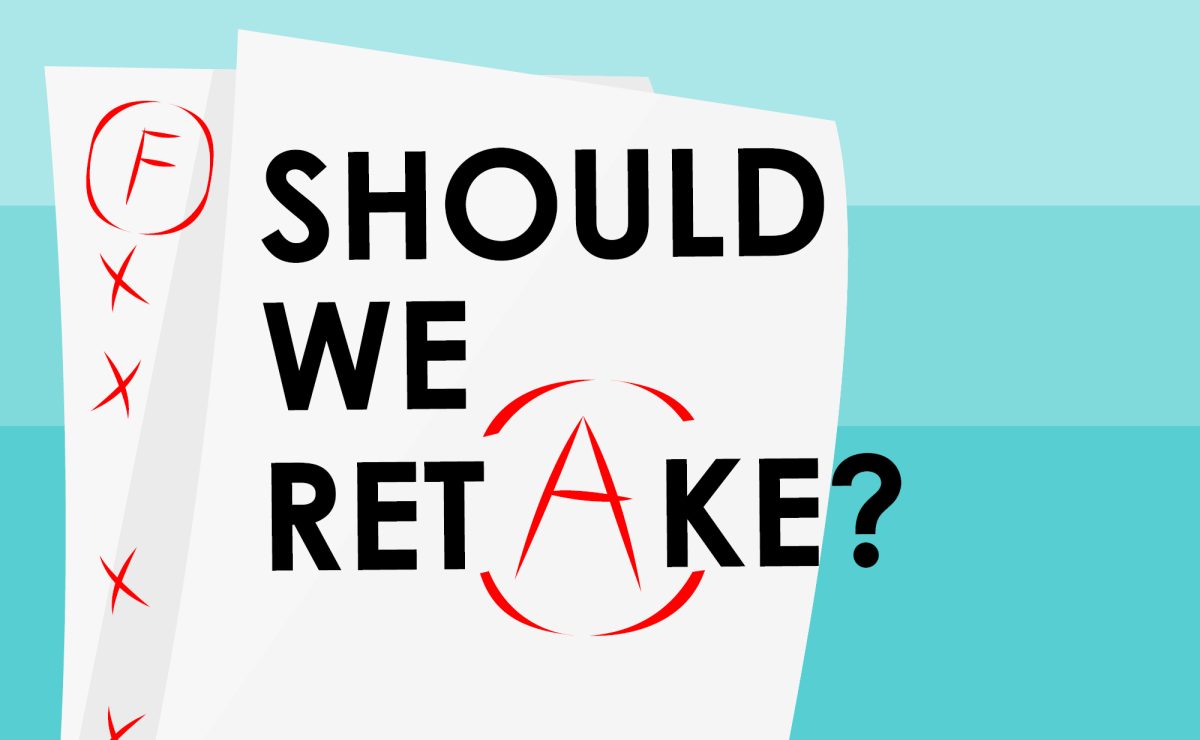By Maggie Brandenburg
<[email protected]>
One of the greatest fears of the sporting world (and its parents) has been athletes pushing themselves to and past their breaking points in changing their bodies to compete in their sports.
According to wrestler and junior Brad Ellis, this was partly the reality during his sophomore season when he said he pressed himself to lose unhealthy amounts of weight.
Ellis said he ate less food than usual to achieve his weight loss goal of 18 pounds. “Last year, I didn’t diet the right way. I ended up being really tired and not very active except for wrestling practice,” Ellis said.
But according to Head Coach John Kopnisky, those types of dieting habits are not the norm at Carmel, as he said coaches endorse only healthy dieting. “I think we’re in a day and age now that we have a greater understanding of how dieting is done,” Kopnisky said. “It’s easier for us to communicate exactly how it’s done and there are more resources and it’s easier for us to find those resources.”
According to Kopnisky, the drive to lose or gain weight to make a different wrestling weight class comes from the athletes themselves. Unlike football, where athletes typically want to gain mass, the goal during the wrestling season is for athletes to cut fat and make more room for muscle, but still be able to make it into their ideal class. Another motivation is to gain or lose those pounds that may keep athletes from being close to the rest of their weight class.
Ellis said, “It’s on how well you want to perform. So (wrestlers may) want to go to a lower weight class, because (they) think (they’ll) perform better.”
The drive some athletes have to perform well and succeed puts pressure on their coaches to monitor and protect their wrestlers from unhealthy habits.
According to Kopnisky, the number-one warning sign is performance. This, paired with close supervision of eating habits, helps to keep unhealthy dieting from being a problem among wrestlers here.
“Luckily, we haven’t had any situations this year, and everybody is performing great, which tells me that they’re dieting well.” Kopnisky said. “I always ask questions. (I) ask them what they’re eating, how often they’re eating, making sure that they’re keeping hydrated, what they ate last night, what they plan on eating after practice. (The coaches) are going into those details.”
According to Lindsay Langford, a sports dietitian with St. Vincent Sports Performance, healthy habits are much more beneficial to athletes when gaining or losing weight. Rather than just cutting calories, which can cause a huge energy deficit, or making several trips to fast food restaurants, which will only help athletes to gain fat, constant energy intake to keep their metabolism up is the key to gaining muscle. “Any rapid weight loss plays havoc on the athlete,” she said.
Ellis said he has learned from his mistakes last year and now practices healthy dieting habits rather than just reducing his caloric intake. By eating the same amount of healthier food and eliminating junk foods from his diet, Ellis said he has chosen the right way to go in his athletic career.
“If you eat the same amount of food that are just better for you, for me at least,” Ellis said. “I feel better and I’m able to go harder.”





















































![Review: “Suits” is a perfect blend of legal drama and humor [MUSE]](https://hilite.org/wp-content/uploads/2024/04/unnamed-1.png)
![Chelsea Meng on her Instagram-run bracelet shop [Biz Buzz]](https://hilite.org/wp-content/uploads/2024/04/IMG_2446-1200x838.jpg)
![Review: Quiet on Set: The Dark Side of Kids TV is the long awaited exposé of pedophilia within the children’s entertainment industry [MUSE]](https://hilite.org/wp-content/uploads/2024/04/unnamed.jpg)
![Review: “The Iron Claw” cannot get enough praise [MUSE]](https://hilite.org/wp-content/uploads/2024/04/unnamed.png)
![Review: “The Bear” sets an unbelievably high bar for future comedy shows [MUSE]](https://hilite.org/wp-content/uploads/2024/03/unnamed.png)
![Review in Print: Maripaz Villar brings a delightfully unique style to the world of WEBTOON [MUSE]](https://hilite.org/wp-content/uploads/2023/12/maripazcover-1200x960.jpg)
![Review: “The Sword of Kaigen” is a masterpiece [MUSE]](https://hilite.org/wp-content/uploads/2023/11/Screenshot-2023-11-26-201051.png)
![Review: Gateron Oil Kings, great linear switches, okay price [MUSE]](https://hilite.org/wp-content/uploads/2023/11/Screenshot-2023-11-26-200553.png)
![Review: “A Haunting in Venice” is a significant improvement from other Agatha Christie adaptations [MUSE]](https://hilite.org/wp-content/uploads/2023/11/e7ee2938a6d422669771bce6d8088521.jpg)
![Review: A Thanksgiving story from elementary school, still just as interesting [MUSE]](https://hilite.org/wp-content/uploads/2023/11/Screenshot-2023-11-26-195514-987x1200.png)
![Review: When I Fly Towards You, cute, uplifting youth drama [MUSE]](https://hilite.org/wp-content/uploads/2023/09/When-I-Fly-Towards-You-Chinese-drama.png)
![Postcards from Muse: Hawaii Travel Diary [MUSE]](https://hilite.org/wp-content/uploads/2023/09/My-project-1-1200x1200.jpg)
![Review: Ladybug & Cat Noir: The Movie, departure from original show [MUSE]](https://hilite.org/wp-content/uploads/2023/09/Ladybug__Cat_Noir_-_The_Movie_poster.jpg)
![Review in Print: Hidden Love is the cute, uplifting drama everyone needs [MUSE]](https://hilite.org/wp-content/uploads/2023/09/hiddenlovecover-e1693597208225-1030x1200.png)
![Review in Print: Heartstopper is the heartwarming queer romance we all need [MUSE]](https://hilite.org/wp-content/uploads/2023/08/museheartstoppercover-1200x654.png)























![Review: Ladybug & Cat Noir: The Movie, departure from original show [MUSE]](https://hilite.org/wp-content/uploads/2023/09/Ladybug__Cat_Noir_-_The_Movie_poster-221x300.jpg)

![Review: Next in Fashion season two survives changes, becomes a valuable pop culture artifact [MUSE]](https://hilite.org/wp-content/uploads/2023/03/Screen-Shot-2023-03-09-at-11.05.05-AM-300x214.png)
![Review: Is The Stormlight Archive worth it? [MUSE]](https://hilite.org/wp-content/uploads/2023/10/unnamed-1-184x300.png)


